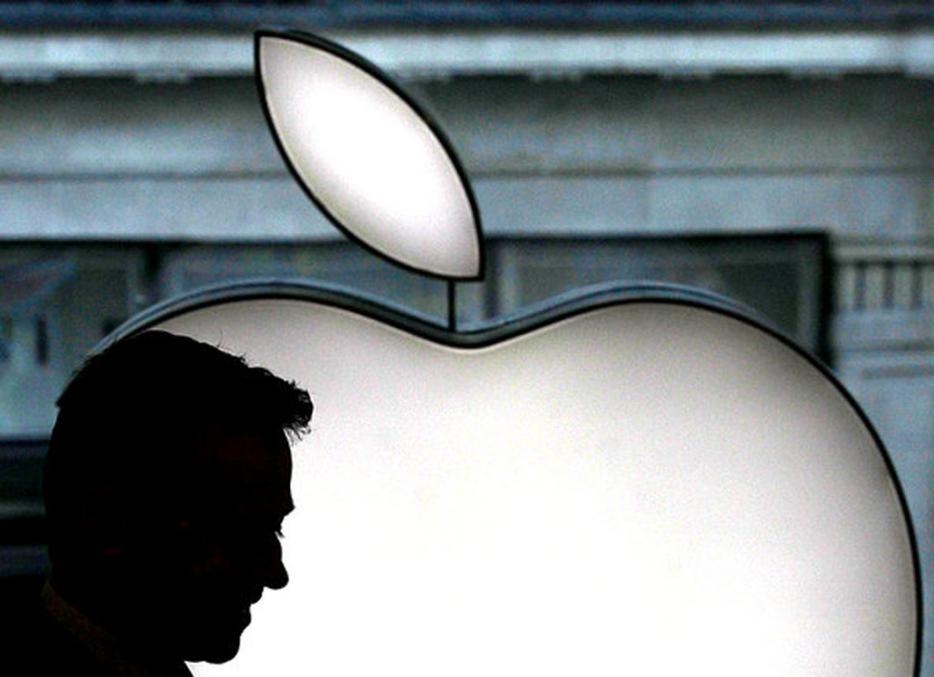Who could have imagined, even a year ago, that we’d be talking about the end of Apple’s ascendancy? Yet, shockingly, here we are. With its stock price having fallen 40% from its all-time high, year-on-year profit dropping for the first time since 2003, and only vague promises of new products on the horizon, the once-unthinkable might now be true: Apple’s moment may be over.
Let’s not exaggerate, though. In a quarter in which the iPhone finally saw weakening demand, Apple still made a cool $9.5 billion in profit. What is new, however, is that its rapid expansion is probably over, and it’s quite plausible that the company will become the next Microsoft: huge, rich and mostly predictable.
All the same, beyond Apple’s comparatively so-so numbers, another, possibly more important question lingers: is Apple’s reign as the cultural symbol of our techno-enamoured lifestyle now coming to a close? After all, particularly during the ‘00s, Apple’s presence in public discussion was as much about being a cultural marker as it was a company. The glitzy products from Cupertino became visible signs of the sudden popularity of digital- and Internet-based tech in our day-to-day lives. Maybe nothing captured that fact as much as the intense hype that accompanied product launches. Take a look back at, say, the iPhone announcement in 2007. Witnessing a Steve Jobs keynote, you felt as if it wasn’t just a time to find out about a new thing to buy as much as a moment in pop culture, one where you learned of new ways to interact with media and information.
Whether or not that was true—or even good—is clearly up for debate. But what happened is that a certain change in our relationship to technology got bound up and associated with that now-ubiquitous fruit logo. Apple was the future, brought into the present, and the oohs and ahhs that accompanied the iPhone, iPad, Macbook Air and whatever else Jobs and Ives et al dreamed up were a kind of fetish for a specific vision of where we were headed.
So what happened? The most pragmatic response is that, in the absurd pace of modern tech launches, it’s been a while since Apple has produced something truly new. For a company that either creates or upends entire product categories, the gradual refreshes of existing devices inevitably generate less excitement than the novelty of “the Internet in your pocket.” The most recent chatter is about an iWatch, but unlike the iPhone, the appeal of which was clear, nobody is quite sure whether a smartwatch will set the world on fire like the iDevices that preceded it. There’s also the obvious issue of Steve Jobs’ passing and the lingering question of whether or not, in his absence, the “magic” is gone.
Apple was the cultural symbol of a moment, and that moment, it seems, has now passed. It’s not just that the company has no new ideas, either. Rather, just a few years ago, the web and mobile apps still felt sparklingly fresh, and they were often easiest to acquire on Apple’s tech. Now, they’re not only familiar, they’re also widely available and basically as good on devices from Samsung, Sony and even Microsoft. That feeling of “holding the future in your hands” no longer belongs to Apple alone, and ironically, Apple’s very success has led to a ubiquity that has made what once felt extraordinary now seem mundane.
As for what’s next, it seems likely some other piece of tech from another company will start to occupy our cultural imagination in the way the iPhone once did. And perhaps that’s already happened: the much-discussed Google Glass and lesser-known but equally important Leap Motion seem to be the next wave, with an emphasis on erasing the line that separates technology and your body. Maybe Apple will make something like that too, or maybe the iWatch and iTV really will be big deals—but this time, with competition much more nimble and broad, it’s unlikely Apple’s attempts will stand out as sharply or as singularly as they did before.
Even so, it’s hardly a situation to be lamented. For a while, we were a bit like children, utterly enthralled by a series of new iToys. Now, with the object of our cultural fetish on the wane, it’s time to grow up and face the fact that those toys are part of a changing social and political reality; as the events of the past couple of weeks have shown, it’s clear that these tools are having profound effects on our lives and institutions. And while Apple may have been a symbol for an exciting, rapid period of change in our history, it is to the complex and wide-ranging impact of that era that our attention must now turn.
--
Photo Credit: Luke MacGregor, Reuters






